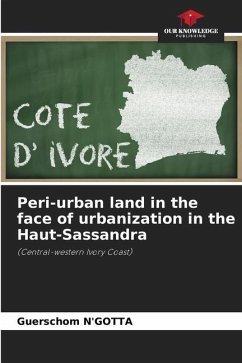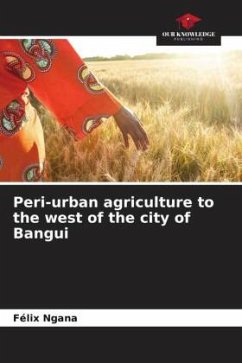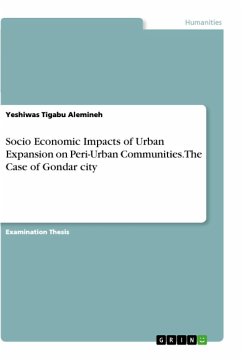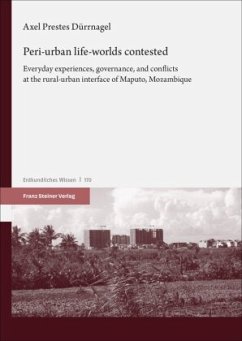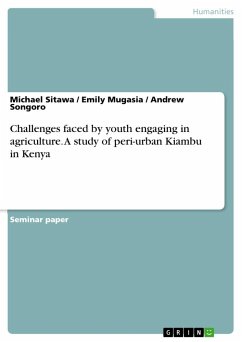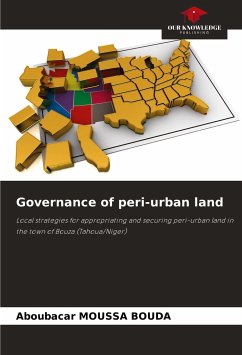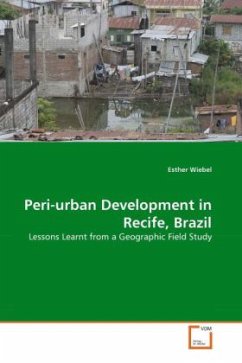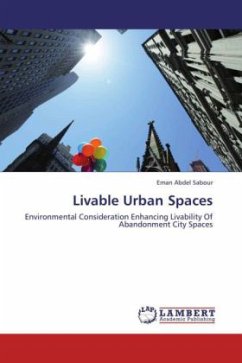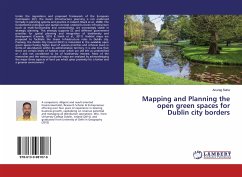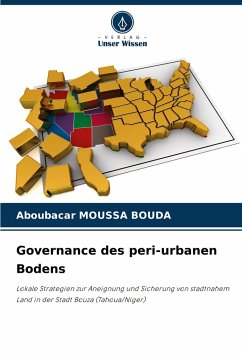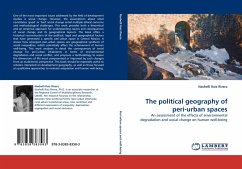
The political geography of peri-urban spaces
An assessment of the effects of environmental degradation and social change on human well-being
Versandkostenfrei!
Versandfertig in 6-10 Tagen
52,99 €
inkl. MwSt.

PAYBACK Punkte
26 °P sammeln!
One of the most important issues addressed by the field of development studies is social change. However, the assumptions about what constitutes good' or bad' social change entail multiple ethical concerns and methodological challenges. This work provides both a theoretical and an empirical approach for understanding causes and consequences of social change and its geographical layouts. The book offers a historical reconstruction of the political, legal and geographical factors that have generated a specific peri-urban space in Central Mexico. It shows how emergent peri-urban spaces are geogra...
One of the most important issues addressed by the field of development studies is social change. However, the assumptions about what constitutes good' or bad' social change entail multiple ethical concerns and methodological challenges. This work provides both a theoretical and an empirical approach for understanding causes and consequences of social change and its geographical layouts. The book offers a historical reconstruction of the political, legal and geographical factors that have generated a specific peri-urban space in Central Mexico. It shows how emergent peri-urban spaces are geographical synthesis of social inequalities, which potentially affect the achievement of human well-being. This work analyses in detail the consequences of social change for peri-urban inhabitants in terms of environmental degradation and social conflict, and proposes a methodology to assess the dimensions of life most compromised or improved by such changes from an eudaimonic perspective. This book should be especially useful to scholars interested on development geography, as well as those focused on qualitative approaches to evaluate adaptation and human well-being.



